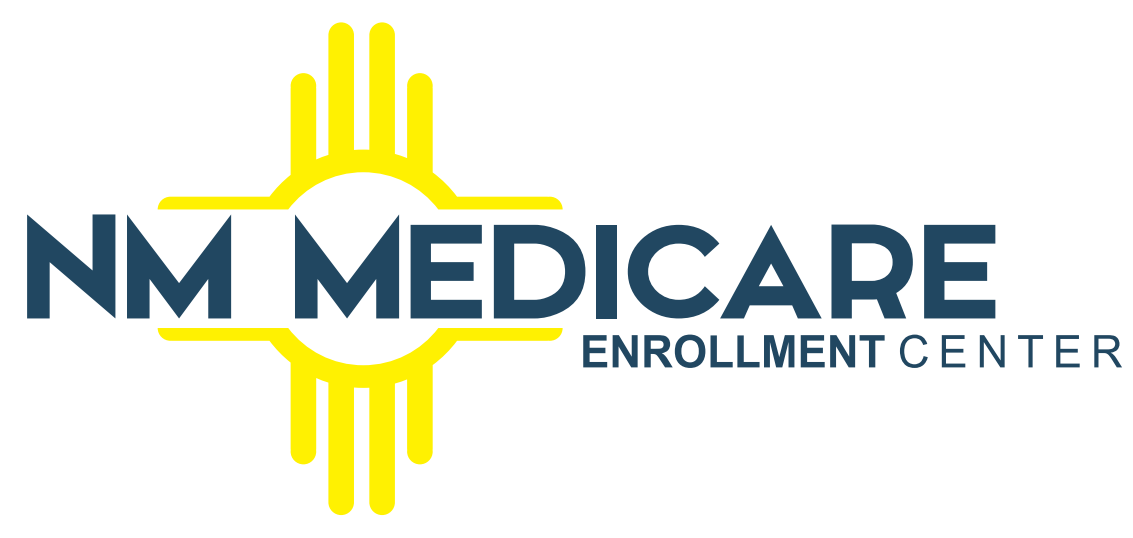When it comes to heart transplants, understanding how Medicare fits into the equation is crucial. Heart transplants are life-saving but complex procedures that come with significant costs. Luckily, Medicare can help alleviate some of the financial burden. In this article, we’ll dive deep into everything you need to know about Medicare coverage for heart transplants—from eligibility to costs and beyond. So, let’s get started!
What is a Heart Transplant?
A heart transplant is a surgical procedure that replaces a diseased or failing heart with a healthy one from a donor. It’s typically a last-resort option for people with severe heart failure or other life-threatening heart conditions.
Who Needs a Heart Transplant?
Heart transplants are usually recommended for individuals with:
- Severe coronary artery disease
- Advanced heart failure
- Cardiomyopathy
- Congenital heart defects
If other treatments like medication or less invasive surgeries don’t work, a transplant may be the best solution.
Does Medicare Cover Heart Transplants?
Yes, Medicare does cover heart transplants under certain conditions. Coverage typically falls under Medicare Part A (Hospital Insurance) and Part B (Medical Insurance). Let’s break it down.
Medicare Part A: Hospital Coverage
Medicare Part A covers:
- Inpatient hospital care during your transplant surgery
- Care in a Medicare-approved transplant center
- Post-surgery recovery and monitoring while in the hospital
- Donor-related services, including organ procurement
Medicare Part B: Medical Coverage
Medicare Part B helps cover:
- Pre-transplant evaluations
- Outpatient visits with specialists
- Follow-up care after surgery
- Medications required for immunosuppressive therapy
Medicare Part D: Prescription Drug Coverage
Part D plans help pay for prescription drugs, including immunosuppressive medications you’ll need to prevent organ rejection.
Eligibility for Medicare Coverage
To qualify for Medicare coverage for a heart transplant, you must:
- Be enrolled in Medicare.
- Receive care at a Medicare-approved transplant center.
- Have a physician who deems the procedure medically necessary.
Medicare Advantage (Part C) Plans and Heart Transplants
Medicare Advantage plans often cover everything Original Medicare does, but they may include extra benefits like reduced copays or coverage for additional services. Always check with your plan provider for specifics.
What Costs Will Medicare Cover?
Medicare doesn’t cover 100% of the costs, but it significantly reduces your financial burden. Covered costs include:
- Hospital stays
- Surgeon fees
- Diagnostic tests
- Organ procurement
However, you’ll still be responsible for deductibles, copays, and coinsurance.
Out-of-Pocket Costs
Here’s a quick breakdown of what you might pay:
- Part A Deductible: $1,600 per benefit period (2024 rates)
- Part B Deductible: $226 annually (2024 rates)
- Coinsurance: 20% for Part B services
If you have supplemental insurance (Medigap), it can help cover these costs.
The Importance of Medicare-Approved Transplant Centers
Not all hospitals are Medicare-approved for heart transplants. These centers meet specific standards for quality and outcomes. Receiving care at one of these facilities ensures you’ll be covered under Medicare.
Pre-Transplant Services Covered by Medicare
Medicare Coverage for Heart Transplants covers many pre-transplant services, such as:
- Initial evaluations
- Diagnostic tests
- Counseling sessions
These services are essential for determining if you’re a good candidate for a transplant.
Post-Transplant Care and Coverage
Post-transplant care is just as important as the surgery itself. Medicare covers:
- Regular follow-up visits
- Physical therapy
- Lab tests to monitor your progress
- Immunosuppressive medications
Immunosuppressive Medications: A Lifelong Requirement
After a heart transplant, you’ll need immunosuppressive drugs to prevent your body from rejecting the new heart. Medicare Part B and Part D can help cover these costs. As of 2023, Medicare Part B offers extended coverage for these medications if you had Medicare at the time of your transplant.
Does Medicare Cover Donor Costs?
Yes, Medicare covers the costs associated with the organ donor, including:
- Testing to determine donor compatibility
- Organ procurement and transportation
These costs are included in the transplant procedure’s overall coverage.
Additional Coverage Options: Medigap and Medicaid
If you’re worried about out-of-pocket costs, supplemental insurance like Medigap can help cover gaps in Medicare Coverage for Heart Transplants. Additionally, if you qualify for Medicaid, it can work alongside Medicare to reduce your expenses further.
How to Get Started with Medicare Coverage for a Heart Transplant
- Confirm you’re enrolled in Medicare.
- Verify that your chosen transplant center is Medicare-approved.
- Consult your healthcare provider to get the necessary referrals and evaluations.
- Check your Medicare plan details to understand your coverage and costs.
Tips for Managing Costs
- Consider a Medigap policy to cover deductibles and coinsurance.
- Use a Medicare Advantage plan with additional benefits.
- Apply for Medicaid if you meet income requirements.
- Talk to your transplant center about financial assistance programs.

Conclusion
Navigating Medicare coverage for a heart transplant can feel overwhelming, but with the right information and resources, you’ll be prepared for the journey ahead. From pre-transplant evaluations to post-surgery care, Medicare offers significant financial support to help you focus on what matters most: your recovery and health. Make sure to explore all your options, plan for out-of-pocket costs, and lean on your healthcare team for guidance.
If you’re looking for personalized assistance, New Mexico Medicare Plan Advisor is here to help. We can guide you in finding a Medicare plan that fits your unique needs and answer any questions you have. Don’t hesitate to reach out to one of our agents today!
FAQs
1. Does Medicare cover 100% of heart transplant costs? No, Medicare doesn’t cover 100% of the costs. You’ll still be responsible for deductibles, copays, and coinsurance, but supplemental insurance can help.
2. Can I get a heart transplant at any hospital under Medicare? No, you must go to a Medicare-approved transplant center to qualify for coverage.
3. Does Medicare cover the cost of immunosuppressive medications? Yes, Medicare Part B and Part D cover immunosuppressive drugs required after a heart transplant.
4. What happens if I need a heart transplant but don’t have Medicare? If you’re eligible, you can enroll in Medicare. Other options include private insurance, Medicaid, or financial assistance programs.
5. Are donor-related costs covered by Medicare? Yes, Medicare covers costs related to the organ donor, including testing and organ procurement.



